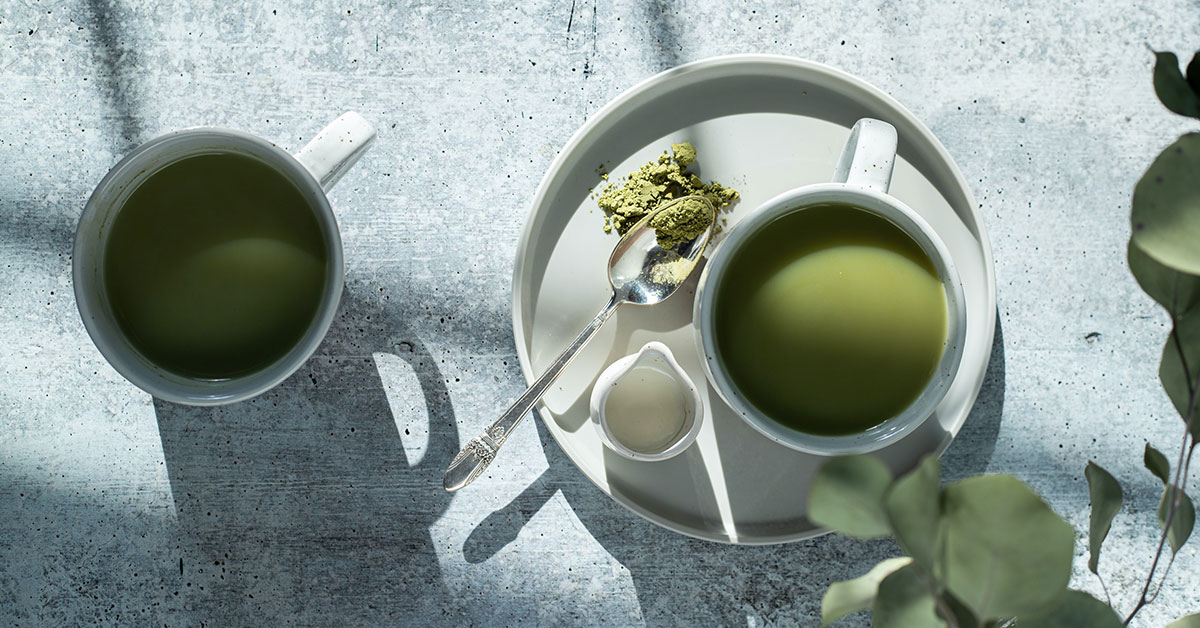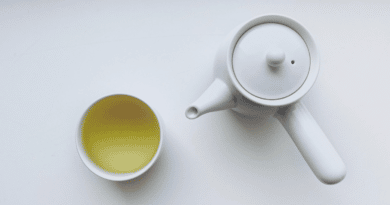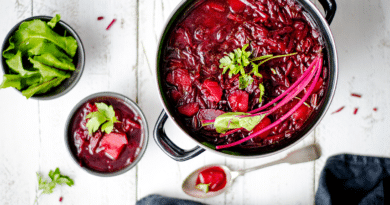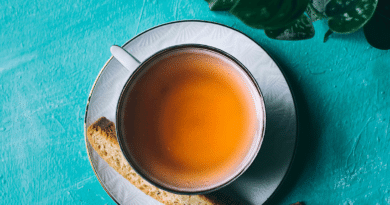Boosting Immune Systems: Best Foods (and Practices) to Build a Healthier You
When it comes to boosting immune systems, it is best to think of the human body holistically.
There is not one certain practice or “superfood” that will instantly enhance the entire immune system, rather it is a case of combining healthy and proven foods, behaviours and practices in a way that supports your overall health and contributes to a better, healthier, more resistant you.

All of the following foods, drinks, habits and activities will help to give you a stronger immune system.
Boosting Immune Systems: The Role of Vitamin C
Vitamin C helps build up your immune system and is thought to increase the production of white blood cells, which are key to fighting infections.
A less than adequate vitamin intake will have adverse effects on your general immune system.
“There is evidence that various micronutrient deficiencies — for example, deficiencies of zinc, selenium, iron, copper, folic acid, and vitamins A, B6, C, and E — alter immune responses in animals”
For full information on the Vitamin C levels found in different foods, scroll down to the table towards the end of the article.
Foods that Contain Vitamin C
Almost all citrus fruits are high in vitamin C. With such a variety to choose from, it’s easy to add this vitamin to any meal.
Popular citrus fruits include:
- Grapefruit
- Oranges
- Clementines
- Tangerines
- Lemons
- Limes
Vitamin C can also be found in the following foods, so make sure to introduce a selection of these into your nutrition. Keeping your sources of vitamin C fresh and varied is an effective way to optimise your intake.
- Cantaloupe
- Cauliflower
- Kale
- Kiwi
- Orange juice
- Papaya
- Sweet potato
- Strawberries
- Tomatoes
Because your body doesn’t produce or store it, you need daily vitamin C for continued health. The recommended daily amount for most adults is:
- 75 mg for women
- 90 mg for men
If you opt for supplements, avoid taking more than 2,000 milligrams (mg) a day.
Boosting Immune Systems: Other Helpful Foods and Drinks
Ginger
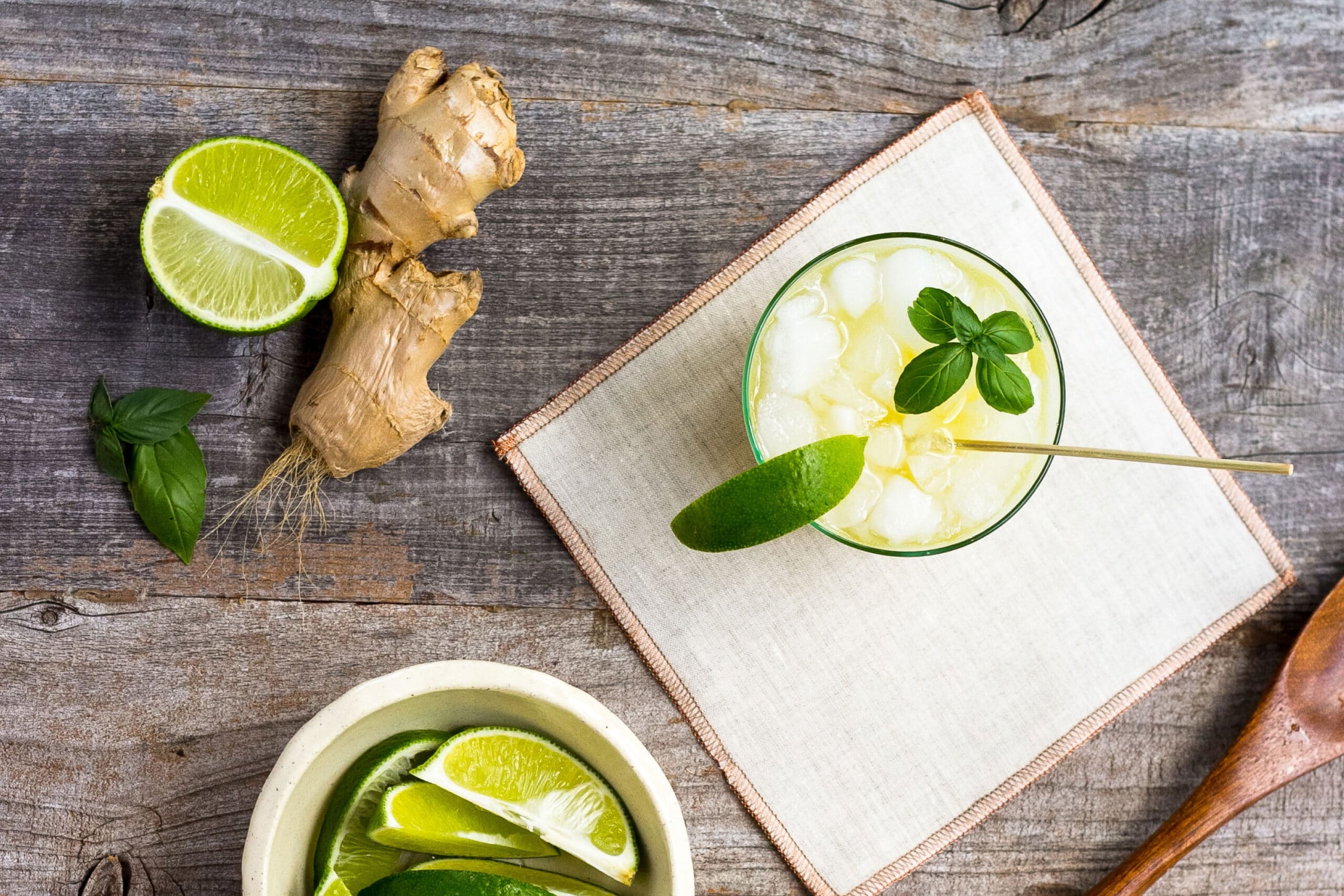
Ginger is a tropical flowering plant that originally grew in Southeast Asia but is now widely available from growers around the world. It’s classified as a member of the Zingiberaceae family, making it a close relative of turmeric.
The root helps to treat muscle and joint pain, cold and flu symptoms, stomach pain, menstrual cramps, and skin burns. It may also help decrease inflammation, which can help reduce a sore throat and inflammatory illnesses.
It may help with nausea as well as reducing the risk of developing type 2 diabetes. In one study on people with type 2 diabetes, researchers found that those who took 1600 milligrams (mg) of ginger powder for 12 weeks had improved insulin sensitivity, lower triglycerides, and lower total cholesterol when compared with the control group.
Ginger contains more than 400 chemical compounds, but researchers believe the gingerol compounds are the ones responsible for the root’s health benefits. They’re also responsible for its smell and flavour.
Honey Lemon Water
“The anti-inflammatory, antioxidant, antibacterial qualities of honey makes it one of the most appreciated natural healing remedies for the immune system. Drinking regularly a glass of honey, water and lemon which is fortified with vitamin C will keep many illnesses, diseases and allergies at bay.”

Drinking Honey Lemon Water is a tried and tested method for fighting coughs and colds, and for good reason, but you shouldn’t limit this drink only to the times when you feel under the weather. The combination is not only delicious, but highly effective at strengthening your immune system.
Manuka honey is even used in medical settings to treat wounds because it’s been found to be an effective germ killer and also aids in tissue regeneration.
Research has shown that raw honey can kill unwanted bacteria and fungus. It naturally contains hydrogen peroxide, an antiseptic.
Lemons are an excellent source of vitamin C and flavonoids, which are antioxidants. Antioxidants help remove free radicals that can damage cells from the body. These nutrients can help prevent diseases and boost health and wellbeing.
Brocolli
Broccoli is a branched, green vegetable with either purple or more commonly green flower buds. It belongs to the cruciferous family, along with cauliflower, cabbage and kale and it can be eaten raw or cooked.
Broccoli is supercharged with vitamins and minerals. Packed with vitamins A, C, and E, as well as fibre and many other antioxidants, broccoli is one of the healthiest vegetables you can put on your plate.
The key to keeping its power intact is to cook it as little as possible — or better yet, not at all. Research has shown that steaming is the best way to keep more nutrients in the food.
Broccoli also contains protein with all the essential amino acids. One cup (88 g) of chopped broccoli contains 2.5 g of protein.
Tumeric
This bright yellow, bitter spice has also been used for years as an anti-inflammatory in treating both osteoarthritis and rheumatoid arthritis.
Tumeric contains high concentrations of curcumin, which gives turmeric its distinctive colour.
“Curcumin has received worldwide attention for its multiple health benefits, which appear to act primarily through its anti-oxidant and anti-inflammatory mechanisms. Research suggests that curcumin can help in the management of oxidative and inflammatory conditions, metabolic syndrome, arthritis, anxiety, and hyperlipidemia. It may also help in the management of exercise-induced inflammation and muscle soreness, thus enhancing recovery and subsequent performance in active people. In addition, a relatively low dose can provide health benefits for people that do not have diagnosed health conditions.”
Combine tumeric with piperine in order to significantly improve its bioavailability and maximise its effects.
Boosting Immune Systems with Bell Peppers
If you think citrus fruits have the most vitamin C of any fruit or vegetable, think again. Ounce for ounce, red bell peppers contain almost 3 times as much vitamin C as an orange. They’re also a rich source of potassium, fibre, folate, iron and beta carotene.
Beta carotene, which your body converts into vitamin A, helps keep your eyes and skin healthy as well.
Garlic
Richard S. Rivlin wrote in the Journal of Nutrition that the ancient Greek physician Hippocrates (circa. 460-370 BC), known today as “the father of Western medicine,” prescribed garlic for a wide range of conditions and illnesses. Hippocrates promoted the use of garlic for treating respiratory problems, parasites, poor digestion, and fatigue.
From Ancient Egypt, garlic spread to the advanced ancient civilizations of the Indus Valley (Pakistan and western India today). From there, it made its way to China and today, garlic is found in almost every cuisine in the world. It adds a little zing to food and it’s a must-have for your health.
As well as strengthening the immune system, garlic reduces the risk of lung, brain and prostate cancer and provides a powerful antibiotic.
Though there is some research to suggest that raw garlic has the most benefits, other studies have looked at overall allium intake, both raw and cooked, and have found benefits. Therefore, you can enjoy garlic in a variety of ways to reap its advantages.
Almonds
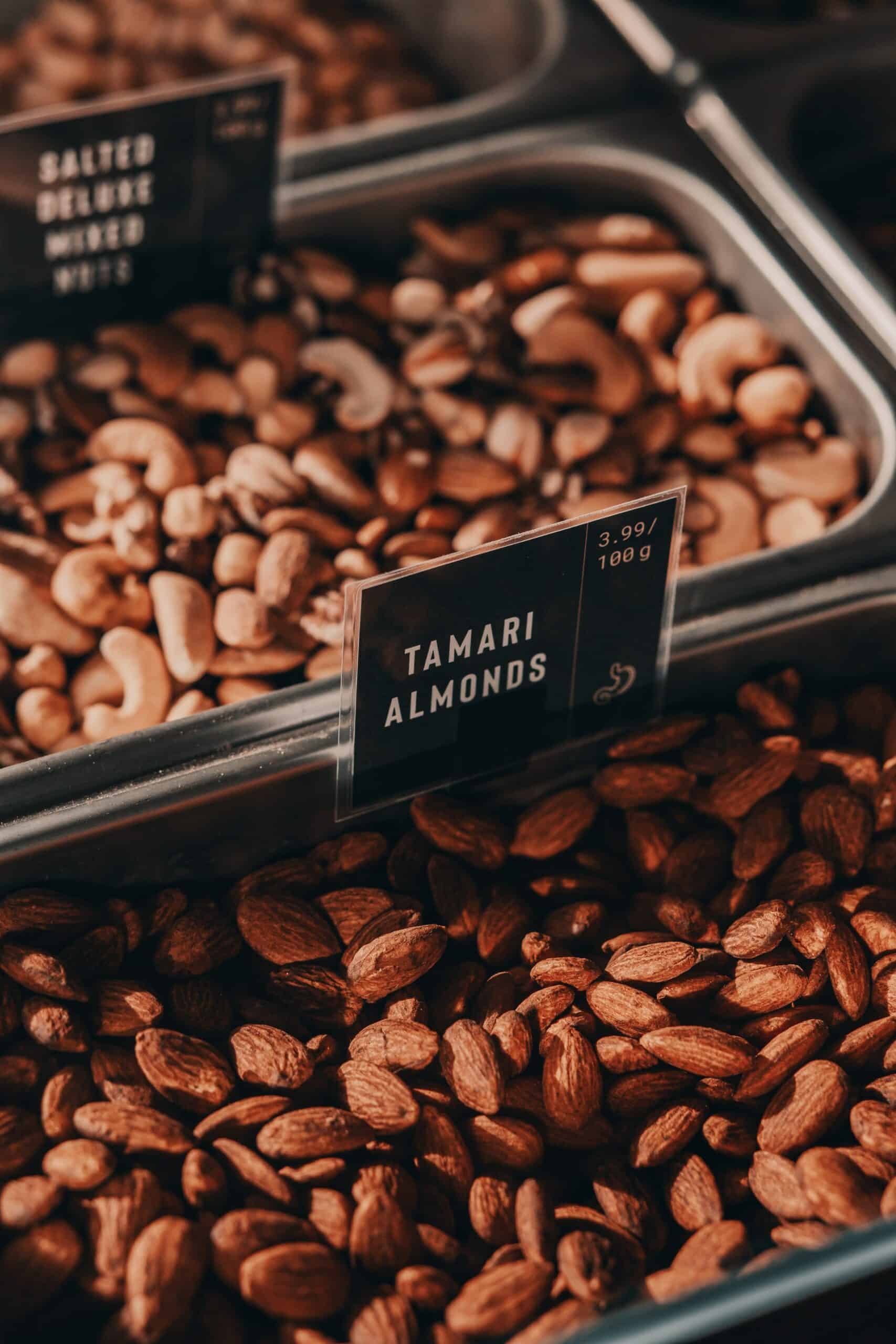
When it comes to preventing and fighting off colds, vitamin E tends to take a backseat to vitamin C. However, this powerful antioxidant is key to a healthy immune system.
It’s a fat-soluble vitamin, which means it requires the presence of fat to be absorbed properly. Nuts, such as almonds, are packed with the vitamin and also have healthy fats.
Adults only need about 15 mg of vitamin E each day. A half-cup serving of almonds, which is about 46 whole, shelled almonds, provides around 100 percent Trusted Source of the recommended daily amount.
Spinach
Spinach made our list not just because it’s rich in vitamin C — it’s also packed with numerous antioxidants and beta carotene, which may both increase the infection-fighting ability of our immune systems.
Similar to broccoli, spinach is healthiest when it’s cooked as little as possible so that it retains its nutrients. However, light cooking makes it easier to absorb the vitamin A and allows other nutrients to be released from oxalic acid, an antinutrient.
Boosting Immune Systems with Green Tea
Both green and black teas are packed with flavonoids, a type of antioxidant. Where green tea really excels is in its levels of epigallocatechin gallate (EGCG), another powerful antioxidant.
In studies, EGCG has been shown to enhance immune function. The fermentation process black tea goes through destroys a lot of the EGCG. Green tea, on the other hand, is steamed and not fermented, so the EGCG is preserved.
Green tea is also a good source of the amino acid L-theanine. L-theanine may aid in the production of germ-fighting compounds in your T cells.
Sources of Vitamin C
Food | Serving size | Milligrams (mg) per serving | Percent of 90 mg daily value (DV) | |
| 1 | Guava, raw | 1 cup, raw | 377 | 419% |
| 2 | Sweet red pepper, raw | 1 cup, raw | 190 | 211% |
| 3 | Tomato juice | 1 cup, canned | 170 | 188.9% |
| 4 | Orange juice | 1 cup | 124 | 137.8% |
| 5 | Sweet green pepper | 1 cup, raw | 120 | 133% |
| 6 | Hot green chili pepper, raw | 1 pepper, raw | 109 | 121% |
| 7 | Oranges | 1 large fruit | 97.5 | 108.8% |
| 8 | Strawberries | 1 cup, sliced | 97.6 | 108% |
| 9 | Papaya | 1 small fruit | 95.6 | 106.2% |
| 10 | Pink grapefruit juice | 1 cup | 93.9 | 104.3% |
| 11 | Broccoli | 1 cup, raw | 81.2 | 90.2% |
| 12 | Pineapple chunks | 1 cup, raw | 78.9 | 87.7% |
| 13 | Potato | 1 large vegetable | 72.7 | 80.8% |
| 14 | Brussels sprouts | 1 cup, raw | 74.8 | 79.8% |
| 15 | Kiwifruit | 1 fruit | 64 | 71.1% |
| 16 | Mango | 1 cup, raw | 60.1 | 66.7% |
| 17 | Cantaloupe | 1 cup | 57.3 | 63.7% |
| 18 | Cauliflower | 1 cup, raw | 51.6 | 57.3% |
| 19 | Lemon | 1 fruit | 44.5 | 49.4% |
| 20 | White grapefruit | ½ medium fruit | 39 | 43.3% |
Other Factors that Can Weaken or Strengthen the Immune System
When boosting immune systems, there are other factors in addition to nutrition that play an important role.
Stress
Stress as a blanket term is tricky to define because it varies tremendously by degree and kind from individual to individual. However, living with unwanted stresses over longer periods of time can have detrimental effects on the immune system and erode its functionality.

Stress in itself is perfectly natural. Stress and our reactions to it make the body and mind stronger, more able to cope with certain stresses when they occur again in the future. For example, the “stress” of training for and completing a 25km trail run through the Norwegian mountains will make a 5km road run pale in comparison.
Completing a heavy strength squat cycle will train the mind and body to become stronger and more resilient. Our ability to cope and endure is a capacity that can be trained and developed. Without any type of stresses or challenges most people become weak, both physically and mentally.
Stress releases cortisol, which helps the body to cope and overcome whatever obstacle stands in its way. If cortisol levels are elevated unnaturally over much longer periods of time then this can have hugely negative effects on the body and mind.
Sufficient sleep (think eight hours a night), exercise and good nutrition are all essential components for building a strong mental and physical capacity to cope with stress and therefore not allow it to harm your immune system. Do things that you enjoy and that calm your mind, anything from reading and running to meditation and laughing with friends. Again, the important point is that it has to work for you, don’t blindly copy other people.
Boosting Immune Systems with Cold Showers

Check out these incredible benefits of cold showers from the Iceman Wim Hof.
“Reduced stress levels. Regularly taking cold showers imposes a small amount of stress on your body, which leads to a process called hardening. This means that your nervous system gradually gets used to handling moderate levels of stress. The hardening process helps you to keep a cool head, the next time you find yourself in a stressful situation.
Higher level of alertness. Cold showers wake your body up, inducing a higher state of alertness. The cold also stimulates you to take deeper breaths, decreasing the level of CO2 throughout the body, helping you concentrate. Cold showers thus keep you ready and focused throughout the day.
More robust immune response. Scientific studies have found that taking a cold shower increases the amount of white blood cells in your body. These blood cells protect your body against diseases. Researchers believe that this process is related to an increased metabolic rate, which stimulates the immune response.
Increased willpower. It takes a strong mind to endure the cold for extended periods of time. By incorporating cold showers into your daily routine, you are strengthening your willpower, which benefits many aspects of (your) daily life.”
Fresh Air

Fresh air has been shown to help digest food more effectively, improve blood pressure and heart rate, strengthen the immune system, reduce obesity rates, and strengthen family ties, all leading to a healthier you.
Increased time spent outdoors will maximise time in the sunlight, which will raise your vitamin D level as well.
Exercise and movement

“Just like a healthy diet, exercise can contribute to general good health and therefore to a healthy immune system. It may contribute even more directly by promoting good circulation, which allows the cells and substances of the immune system to move through the body freely and do their job efficiently.”
Regular exercise is an excellent way to maintain a healthy immune system. Regularly testing and improving your physical and mental capabilities will help to challenge and strengthen your immune system.
Whatever you enjoy, from hill walking to functional fitness, cold water surfing to weightlifting, always make sure to make time to stay fit, even if it’s simply for the sake of your immune system.
Boosting Immune Systems – Getting Enough Sleep
As I mentioned above, healthy, good quality sleep is essential. Think about your “Sleep Hygiene”, i.e. the quality and state of your sleep. This includes the time before you go to bed and drift off as well as the sleep itself. Try the following tips:
- In order to maximise the quality of your sleep, try establishing a sleep routine.
- Switch off all electronic devices and screens at least an hour before you go to bed.
- Wind down with a book, write, meditate or relax as much as possible in the pre-sleep period.
- Sleep in a dark room, without any distracting light sources.
These will all help to put your body and mind in the right place, both physically and psychologically, to sleep well, control stress and anxiety and recover properly.
Boosting immune systems involves a myriad of complex behaviours, foods and patterns. Pick and choose the aspects of this article that might work for you and give them a try.
If you want to learn more about how to keep your health in top shape, check out these articles about Vitamin D, Vitamin B12 or add these Vegan Soup Soup Recipes or Vegan Protein Powders into your nutrition.

